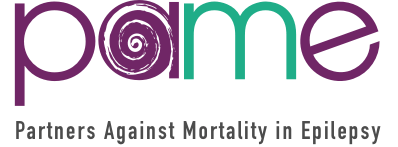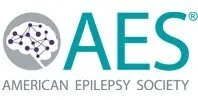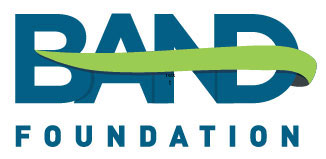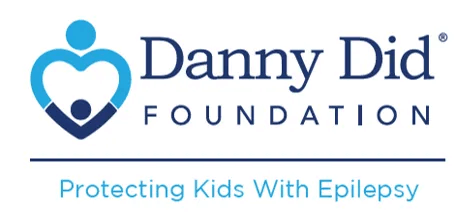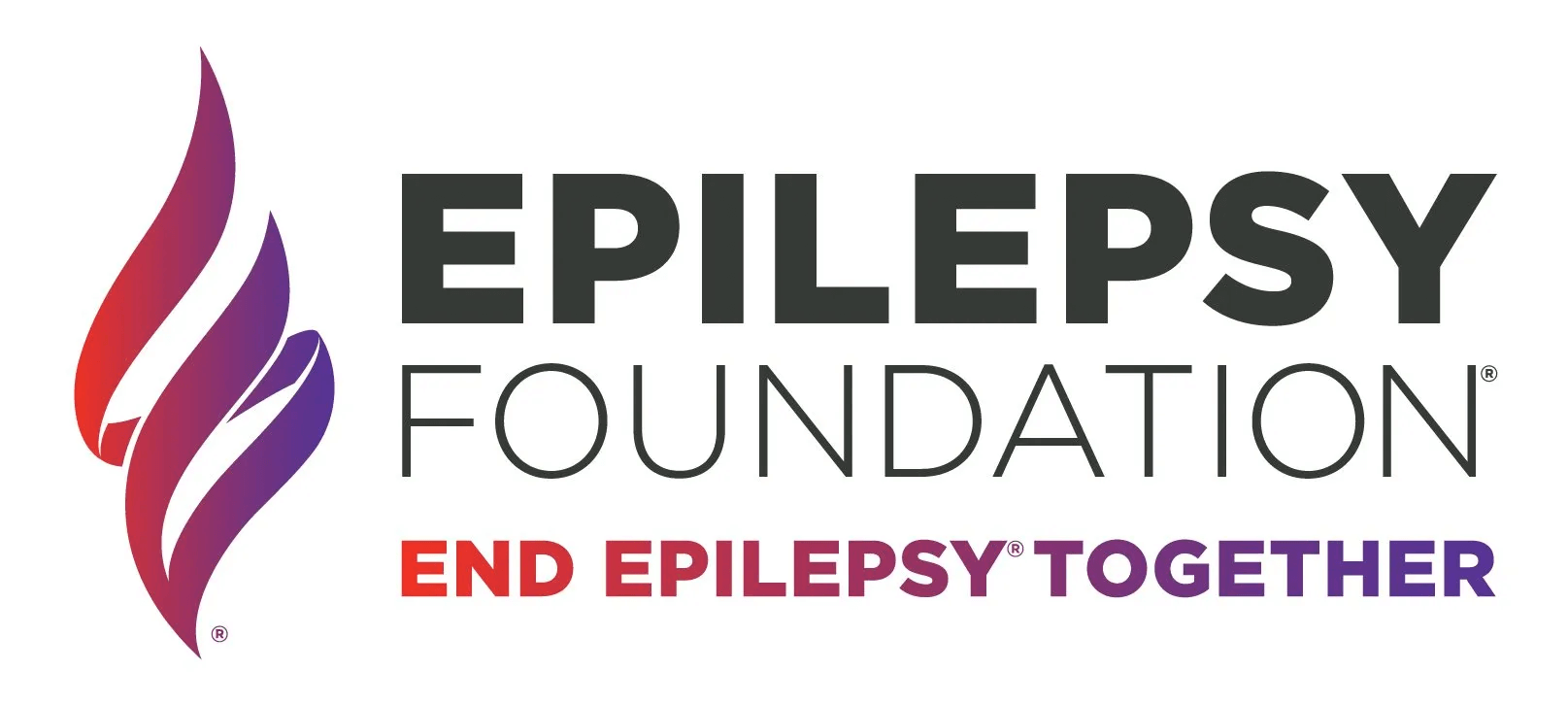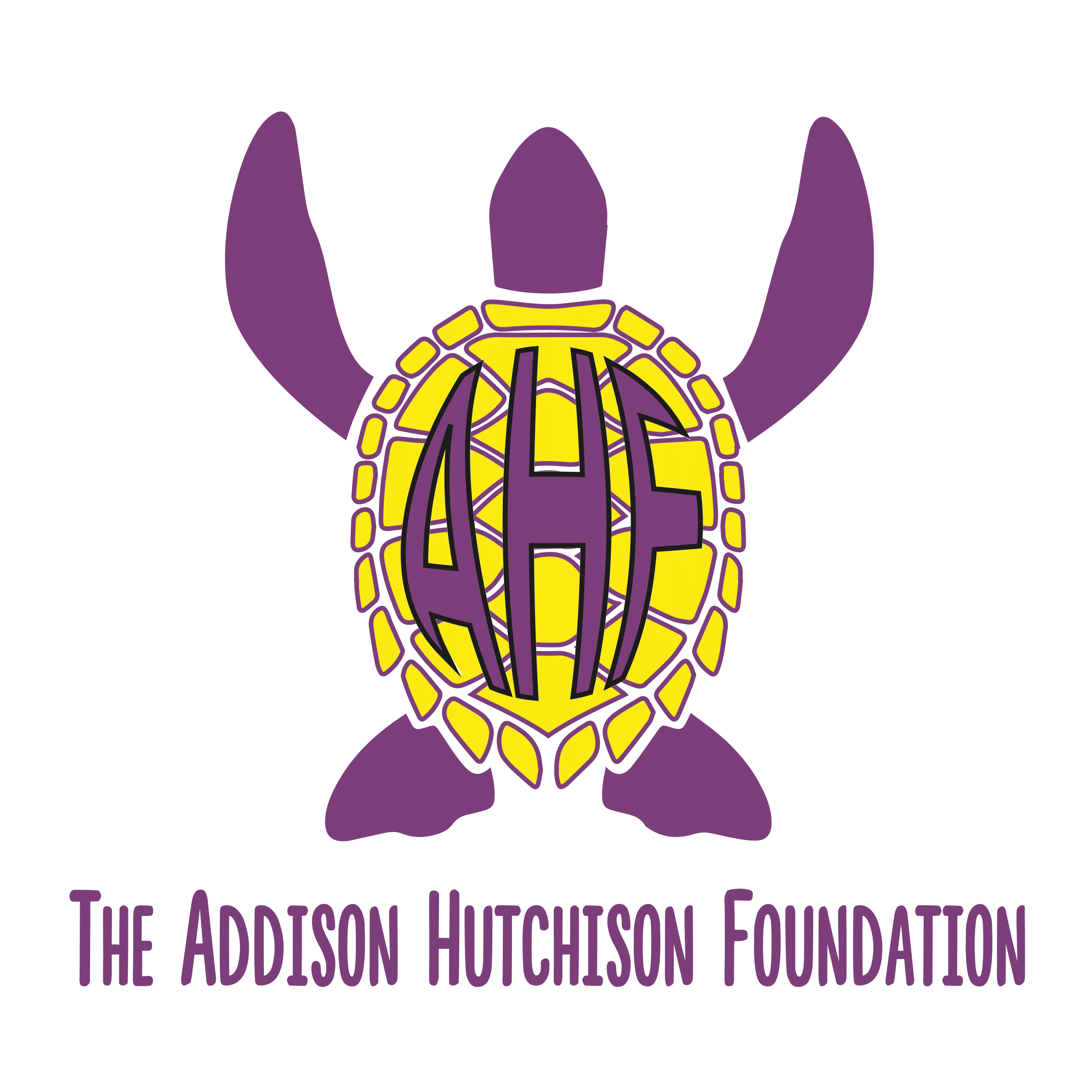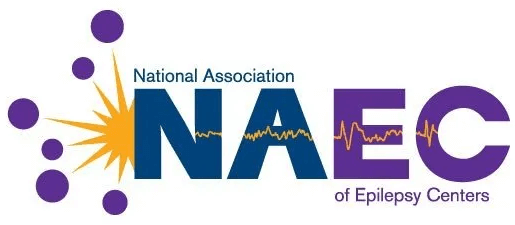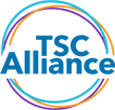Conference Overview
The 2022 PAME Conference took place on December 1, 2022, in conjunction with the AES Annual Meeting in Nashville, TN. In addition, families affected by epilepsy and advocates are invited to attend a special advocacy and family-focused afternoon session Wednesday, November 30th. The PAME meeting program is available below.
Global Epilepsy Mortality – The Public Health Burden and International Initiatives
The risk of premature death in people with epilepsy is up to three times higher than in the general population. In low- and middle-income countries, the risk of preventable morality may be even higher due to challenges with access to treatment and the stigma of epilepsy. How do we better understand global trends and regional differences in mortality, raise awareness of the problem and scale successful interventions? This session will shine a light on a range of efforts at national and international levels.
Moderator:
- Elizabeth Donner, MD, MSc, FRCPC, The Hospital for Sick Children Toronto
Faculty:
- Edwin Trevathan, MD, MPH, Vanderbilt University Medical Center
Panel Discussion:
- Peter Bergin, MBChB, MD, FRACP, Auckland City Hospital, New Zealand
- Aline Pansani, PhD, Universidade Federal de Goiás, Brazil
- Suvasini Sharma, MD, Lady Hardinge Medical College New Delhi, India
- Iris Killinger, Dr. iur, Oskar Killinger Foundation, Germany
- Rainer Surges, Prof. Dr., University of Bonn Medical Center, ILAE SUDEP Taskforce Chair
Blurred Distinctions between SIDS, SUDC and SUDEP
What do sudden infant death syndrome (SIDS), sudden unexplained death in childhood (SUDC), and sudden unexpected death in epilepsy (SUDEP) have in common? Converging developments in research suggest that, at least in some cases, distinctions based on age or an established diagnosis of epilepsy may be missing important clues in the fatal pathogenesis. In this session, we will hear a bereaved mother and biologist whose child died from SUDC confront the state of the science of pediatric unexplained deaths; a SIDS researcher detail new findings that support common features between SIDS, SUDC, and epilepsy; a neurologist describe shared epidemiologic and case history features; and a neurogenetics researcher discuss how genomic research in SIDS, SUDC and epilepsy can connect these entities, generate new hypotheses to be studied in model systems, and inform the approach to families whose children die suddenly and unexpectedly.
Moderator:
- Richard D. Goldstein, MD, Boston Children’s Hospital and Harvard University
Faculty:
- Maurine Neiman, PhD, University of Iowa
- Torbjörn Tomson, MD, PhD, Karolinska University Hospital, Sweden
- Richard D. Goldstein, MD, Boston Children’s Hospital and Harvard University
- Annapurna Poduri, MD, MPH, Boston Children’s Hospital and Harvard University
Counting Better: Why Epilepsy Mortality Surveillance Matters, Where Are We Now and Where Should We Go?
Reliable and timely information on cause-specific mortality is essential for identifying the leading causes and circumstances of death and can help guide immediate and future prevention strategies. This session will explore why it matters to count individual deaths; how we currently obtain data at the state and federal levels; and how we can better disseminate and use data in the future for epilepsy mortality prevention. Session participants will help prioritize key elements of an epilepsy mortality dashboard.
Moderator:
- Zachary Grinspan, MD, MS, Weill Cornell Medicine
Faculty:
- Libby Boyce, The Cameron Boyce Foundation
- Adele Lewis, MD, TN Chief Medical Examiner
- Chase Foster, TN Dept of Health
- Niu Tian, MD, PhD, MS, Centers for Disease Control and Prevention
The Science of Devices for Prevention of SUDEP
Recent technological advances have led to the development of a number of seizure detection systems available to persons living with epilepsy. These systems use a variety of measures to identify when a seizure, particularly a generalized tonic-clonic seizure, occurs. Many also provide a means of alerting a potential seizure responder. While such technologies would seem to hold promise for detecting high-risk events and permitting interventions to avert adverse seizure outcomes such as SUDEP, this promise has yet to be fully met. In this session, we will explore fundamental challenges in the development of devices for the prevention of SUDEP, including technical engineering considerations, selection of the most clinically relevant parameters for monitoring and alerting, and the verification of device accuracy and value in protecting against SUDEP.
Family story:
- Beth McKeown
Faculty:
- Franck Kalume, PhD, Seattle Children’s Hospital
- Carl Faingold, PhD, SIU School of Medicine
- Benton Purnell, PhD Rutgers University
Limitations and Alternatives to Pharmacological Approaches for Intervention and Prevention of SUDEP
Over the past 15+ years many potential pharmacological mechanisms for preventing SUDEP have been identified and studied. Despite this, to date there is a stark paucity of suitable pharmacotherapies for intervention or prevention of SUDEP. Perhaps other targets need to be identified or pharmacotherapies are not the best treatment option. Here we present this session as a debate to explore the pros and cons of pharmacological preventive therapies and to consider possible alternatives
Moderators:
- Detlev Boison, PhD, Rutgers Robert Wood Johnson Medical School
- Gordon Buchanan, MD, PhD, University of Iowa
Faculty:
- Franck Kalume, PhD, Seattle Children’s Hospital
- Carl Faingold, PhD, SIU School of Medicine
- Benton Purnell, PhD Rutgers University
Preventing SUDEP and Epilepsy Mortality Toolkit; From Development to Evaluation
This interactive breakout session will be an opportunity to learn about and provide feedback on a Preventing Epilepsy Mortality Toolkit, which has been developed to help drive behavior change in medical professionals, people with epilepsy, and their caregivers with the goal of improving outcomes and quality of care.
Moderator:
- Jeff Buchhalter, MD, PhD Adjunct Professor of Pediatrics / University of Calgary
Faculty:
- Daniel Freedman, DO, Dell Medical School
- Cyndi Wright, CNF, Child Neurology Foundation
- Stephen Downs, MD, Wake Forest University
